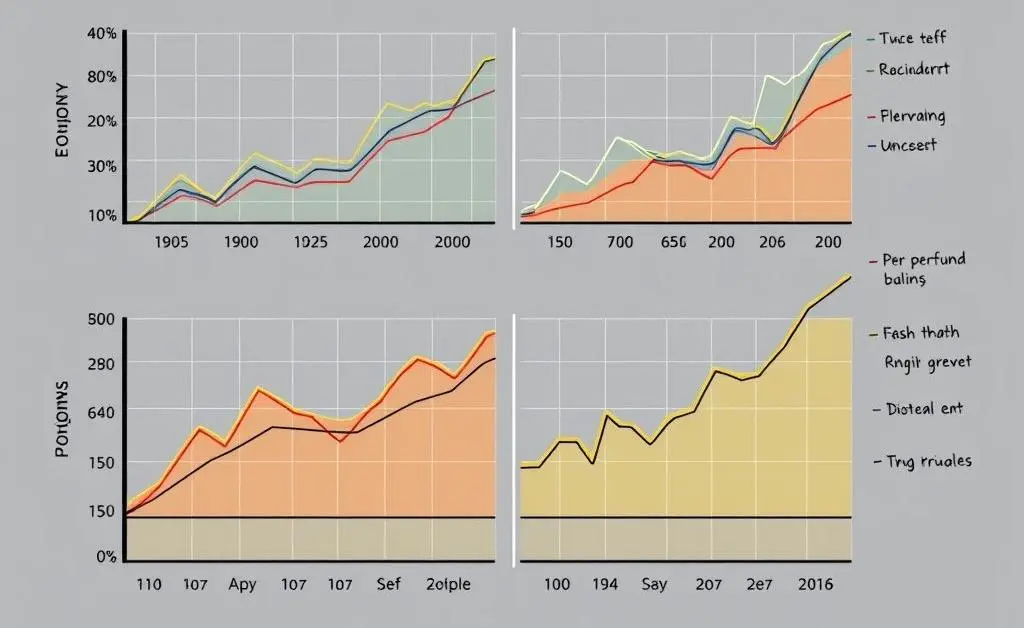Understanding Exchange Traded Funds: A Simple Guide to Smart Investing
Learn how ETFs work, manage risks, and grow your investments with practical tips and insights.

Ever looked at the world of investing and felt mystified by all the terminologies, especially ETF? You’re not alone. Exchange Traded Funds, or ETFs, can initially sound like a complex investment vehicle, but they’re quite manageable once you get the hang of it. Let’s dive into why ETFs might be your ideal investment tool and how they can fit into even the casual investor’s portfolio.
What Exactly Are ETFs?
ETFs are like a mixtape of investments—stocks, bonds, or other types of assets—all packed into one package. Unlike mutual funds, which are priced at the end of a trading day, ETFs are traded on stock exchanges throughout the day, similar to regular stocks. Their dynamic nature allows you to capitalize on market movements in a way that mutual bonds just can’t match. Surprisingly neat, right?

Why Consider ETFs for Your Portfolio?
Now, you're probably wondering why someone would choose an ETF over simply investing in individual stocks or bonds. Here are a few highlights:
- Diversification: By investing in ETFs, you can easily buy a slice of multiple companies or assets, spreading out your risk.
- Low Fees: ETFs typically come with lower fees than traditional mutual funds, making them an economical choice.
- Flexibility: They cater to every investment strategy, whether you're focusing on specific sectors, countries, or bonds.
Picture this: you start with a plan to invest $500 a month into an ETF tied to a major index like the S&P 500. Over time, you notice your portfolio is growing with the broader market, and you experience less volatility than if you had invested in a few high-risk stocks. That’s the power of ETFs.

Common Concerns and Misconceptions
It's totally normal to have concerns when stepping into ETF investments. Here’s a glance at what other investors frequently wonder about:
Market Volatility: Because ETFs are market-driven, their prices rise and fall throughout the trading day. However, the diversification provided by ETFs generally helps mitigate these fluctuations.
Liquidity: One of the FAQs is whether investors can quickly sell their ETFs. The good news is that ETFs are generally liquid, but keep an eye on how actively the funds you're interested in are traded.

Is Investing in ETFs Right for You?
ETFs can be a versatile part of your strategy, whether you're new to investing or looking to diversify your portfolio further. The key is understanding your financial goals and exploring the ETF options that best align with them.
Now, before you begin your ETF journey, take a moment to think about your goals: are they short-term profits, or are you building a nest egg for the long haul? By knowing your needs, you can make informed ETF choices that flatter your economic outlook.
How do you think investing in ETFs might fit into your financial plans? Whatever your thoughts, remember—for every investment, a good plan is your best friend.




